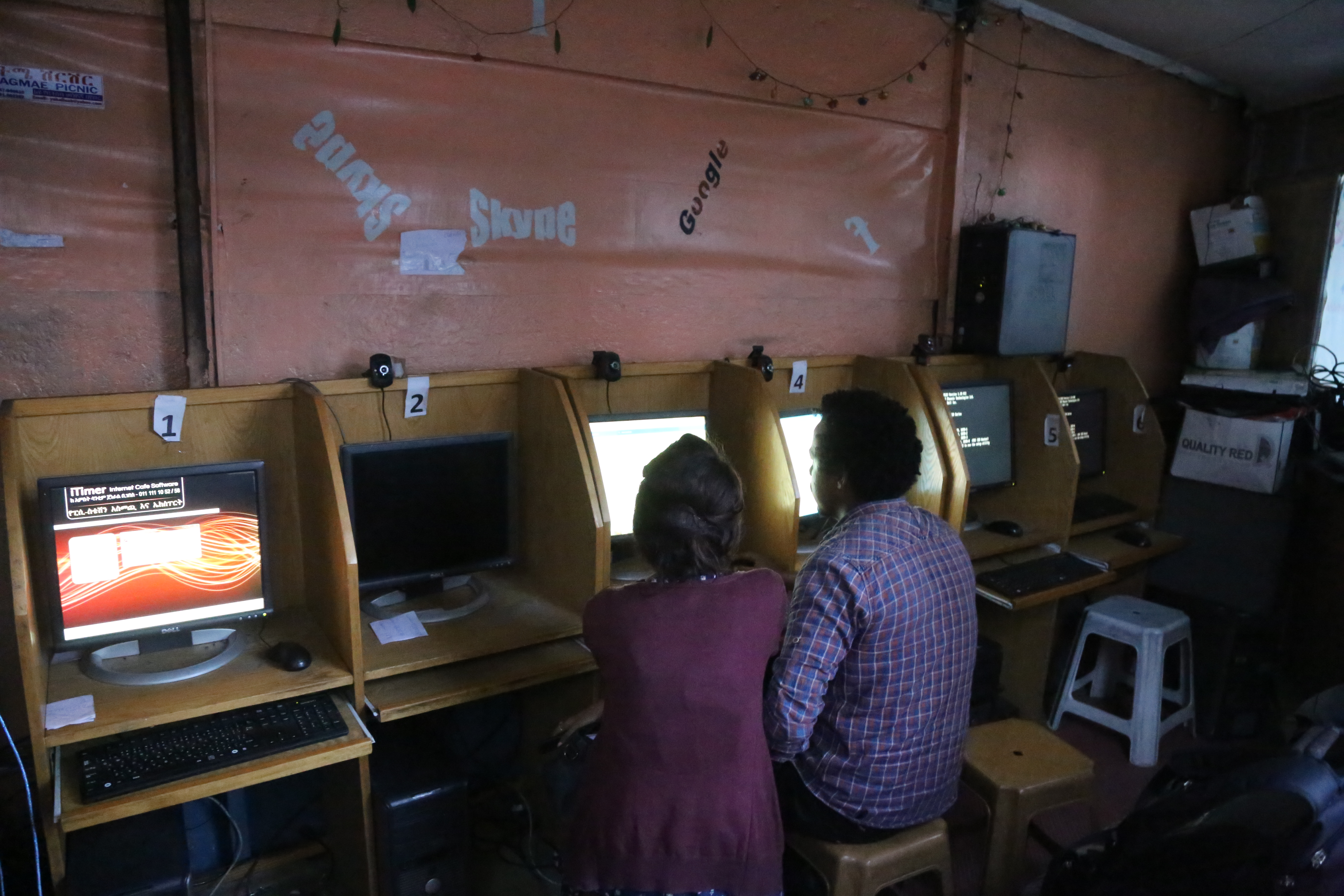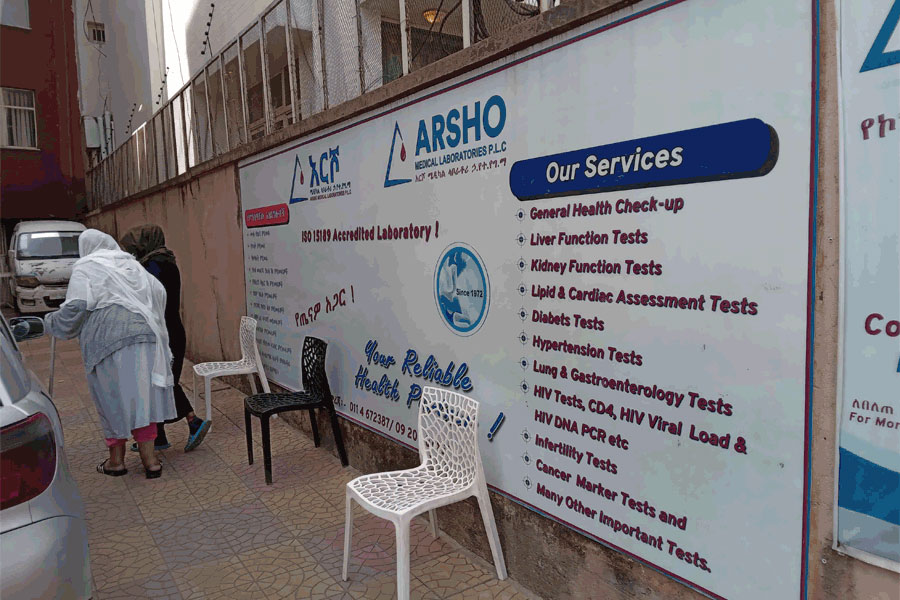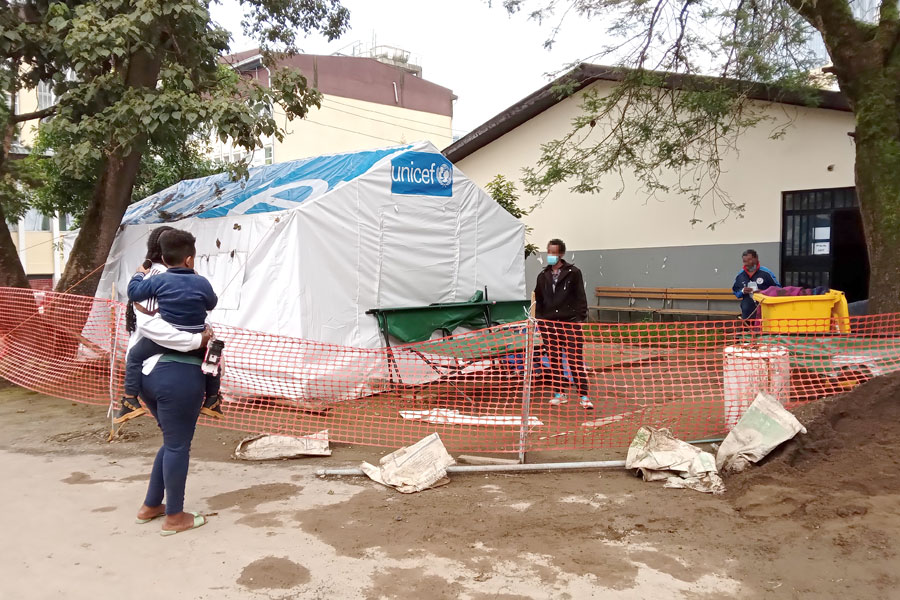
A silent epidemic of non-communicable diseases is surging, with rates as high as 34pc to 52pc of all morbidities in some regional states. Rapid urbanisation, lifestyle changes, and a woefully under-resourced medical infrastructure compound this public health crisis. Some individuals are epitomising a new health-conscious ethos by spending thousands on a battery of tests, from imaging scans to renal examinations. At Arsho Medical Laboratories, one of Ethiopia's older healthcare facilities, managers noted an uptick in people visiting for check-ups, especially around New Year celebrations and the end of fasting seasons. Despite this, comprehensive data is scarce.
Ethiopia has not conducted a national census in 16 years, and a recent study revealed that only half of the country's health facilities have proper guidelines for diagnosing and managing non-communicable diseases. The lack of trained healthcare staff is another gaping hole, with numbers as low as 15pc to 18pc in areas like diabetes, cardiovascular, and chronic heart disease. Medical professionals warn that the healthcare system is not equipped to handle the increase in heart diseases and diabetes. The country has only seven cardiac surgeons, all based in Addis Abeba. A study published last year in the American Library of Medicine shows that a staggering 68pc of diabetes cases remain undiagnosed, leading to a 32pc death rate.
The economic toll is equally dire. Ethiopia loses up to 31 billion Br annually due to non-communicable diseases. Even the food landscape is a minefield; 97pc of local cuisine contains salt levels above the WHO's recommended limit, exacerbating the already grave situation. Patients and their advocates point out another insidious issue: the dumping of expired, sugar-rich products in rural areas, especially in the Somali Regional State. The private sector is also stepping up. Companies like Maed Nutrition offer healthier food delivery options, focusing on low-carb, protein-rich meals. Maed Nutrition, initially catering to weight-loss clients, has expanded its services to individuals with hypertension and diabetes. However, experts agree that a lasting solution would require a significant overhaul of the national health policy, putting non-communicable diseases at its core.
You can read the full story here
PUBLISHED ON
Sep 02,2023 [ VOL
24 , NO
1218]

Agenda | Nov 27,2018

Agenda | Sep 02,2023

Viewpoints | Aug 09,2025

Fortune News | Aug 05,2023

Viewpoints | Oct 05,2019

Sunday with Eden | Sep 28,2024

Radar | Dec 15,2024

Fortune News | Dec 07,2019

Radar | Dec 14,2019

Fortune News | Nov 14,2020

Dec 22 , 2024 . By TIZITA SHEWAFERAW
Charged with transforming colossal state-owned enterprises into modern and competitiv...

Aug 18 , 2024 . By AKSAH ITALO
Although predictable Yonas Zerihun's job in the ride-hailing service is not immune to...

Jul 28 , 2024 . By TIZITA SHEWAFERAW
Unhabitual, perhaps too many, Samuel Gebreyohannes, 38, used to occasionally enjoy a couple of beers at breakfast. However, he recently swit...

Jul 13 , 2024 . By AKSAH ITALO
Investors who rely on tractors, trucks, and field vehicles for commuting, transporting commodities, and f...

Oct 11 , 2025
Ladislas Farago, a roving Associated Press (AP) correspondent, arrived in Ethiopia in...

Oct 4 , 2025
Eyob Tekalegn (PhD) had been in the Governor's chair for only weeks when, on Septembe...

Sep 27 , 2025
Four years into an experiment with “shock therapy” in education, the national moo...

Sep 20 , 2025
Getachew Reda's return to the national stage was always going to stir attention. Once...